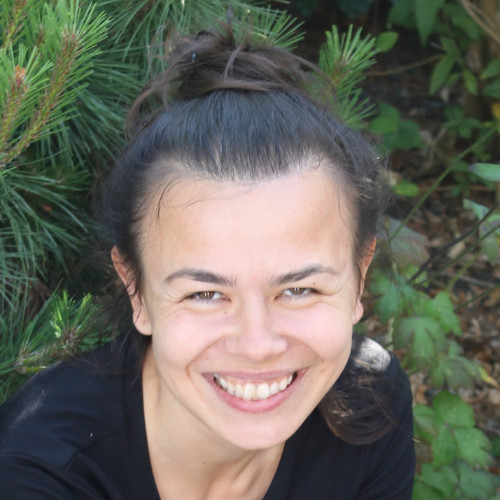
Anca Horvath
- Assistant Professor, PhD
I’m a researcher investigating the relationships between emerging technologies, including computational design, digital fabrication, AI and bio-technologies, and creative practice, and their place in broader cultural contexts.
I use design-based research as a main methodology for inquiry and see myself as a reflective practitioner.
My projects have covered a broad range of scopes and scales – from jewelry to shoes, all the way to urban design and regional planning.
I have a background in architecture and urban planning and work experience as an urban planner, architect, and computational designer in Romania and Denmark.
Currently I serve as an assistant professor with the Research Laboratory for Art and Technology at Aalborg University.
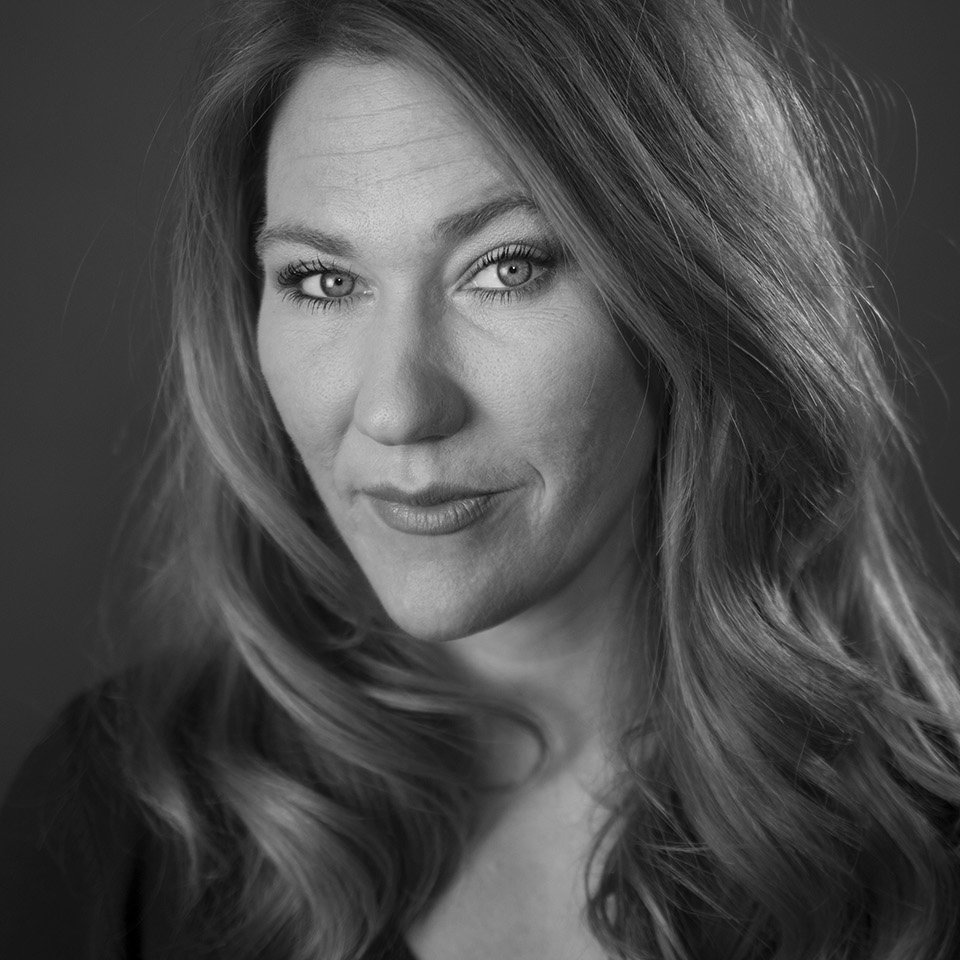
Elizabeth Jochum
- Associate Professor
Elizabeth Jochum (associate professor) heads the RELATE Research Laboratory for Art and Technology at Aalborg University in Denmark.
Her research uses the visual and performing arts as catalysts for re-thinking how we design and implement robots and other assistive technologies. From industrial robots to exoskeletons, Dr. Jochum’s work involves transdisciplinary collaboration in human-robot interaction, health, and engineering to develop creative, value-sensitive, and human-centered approaches to ensure the technologies we build address the real needs of people.
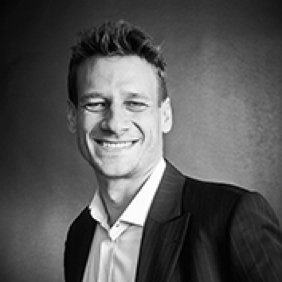
Martin Hanczyc - Project coordinator
- Associate Professor
Martin Hanczyc is an Associate Professor in the Department of Cellular, Computational and Integrative Biology at the University of Trento, Italy and a Research Professor of Chemical and Biological Engineering at the University of New Mexico, Albuquerque USA.
He formally was an Honorary Senior Lecturer at the Bartlett School of Architecture, University College London, Chief Chemist at ProtoLife and Associate Professor at the University of Southern Denmark.
He received a bachelor’s degree in Biology from Pennsylvania State University, a
doctorate in Genetics from Yale University and was a postdoctorate fellow under Jack Szostak at Harvard University.
He has published in the area of droplets, complex systems, evolution and the origin of life. Currently he heads the Laboratory for Artificial Biology, developing novel synthetic chemical systems based on the properties of living systems.
He currently coordinates an EU project on artificial cells and an ERAMSUS project on Art and Science education (ABRAx).
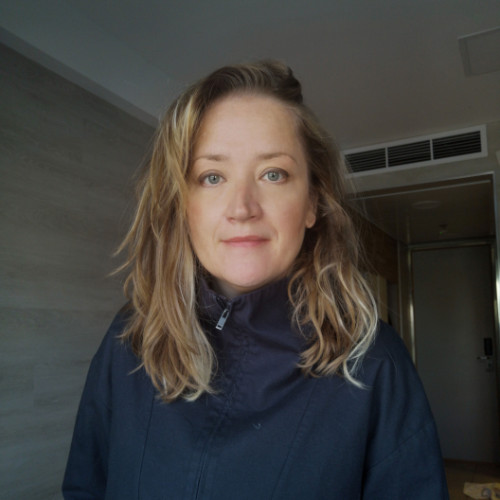
Renata Dezso
- Senior Research Fellow at MOME Academy
Dr. Renata Dezso is a Senior Research Fellow at MOME Academy, part of Moholy-Nagy University of Art and Design Budapest (MOME), Hungary.
Her expertise lies in design research and education. Specializing in the Research through Design(RtD) method, Renata’s passion lies in exploring the convergence of digital and material craft with the goal of transformative design practices.
Throughout her career, she has built a diverse portfolio encompassing solutions for pressing social challenges, critical design interventions, and explorations into emerging technologies and artistic research methodologies.
Renata firmly believes in the transformative power of our everyday choices to shape the world we inhabit. Her contributions have garnered recognition, including the prestigious European Disability Forum (EDF) and ORACLE Awards in 2020, in acknowledgment of an outstanding use of technology to advance sustainability and social progress.
In 2022, Renata was further honored with the Gillo Dorfles Prize and secured the First Prize in the Trieste Contemporanea Contest.
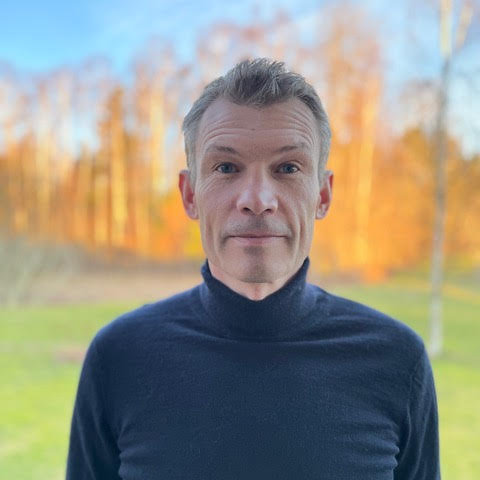
Mats Granath
- Senior Research Fellow at MOME Academy
Mats Granath is an associate professor of physics at the University of Gothenburg (GU). He has a background in condensed matter physics, focusing on high-temperature superconductivity and other exotic states of matter. Current research is directed towards quantum computing, quantum machine learning, and deep learning applications in physics and engineering. His teaching ranges from basic physics to AI and machine learning. He is part of the Wallenberg Centre for Quantum Technology (WACQT) where he leads a project on quantum error correction. He is also the director of the master’s program in Complex adaptive systems at GU and Chalmers University of Technology.

ALESSANDRO ROMANEL
- Associate Professor at University of Trento
Alessandro Romanel is an Associate Professor in the Department of Cellular, Computational, and Integrative Biology (CIBIO) at the University of Trento and the leader of the Bioinformatics and Computational Genomics laboratory. His formal background includes computer science, computational biology, and systems biology. The primary focus of his laboratory is the development of novel computational approaches to understand the biological mechanisms underlying cancer genesis, cancer evolution, and cancer treatment resistance. His teaching spans algorithmic theory, bioinformatics, and the genetics of complex diseases. Additionally, he serves as the director of the master’s program in Quantitative and Computational Biology at the University of Trento.
